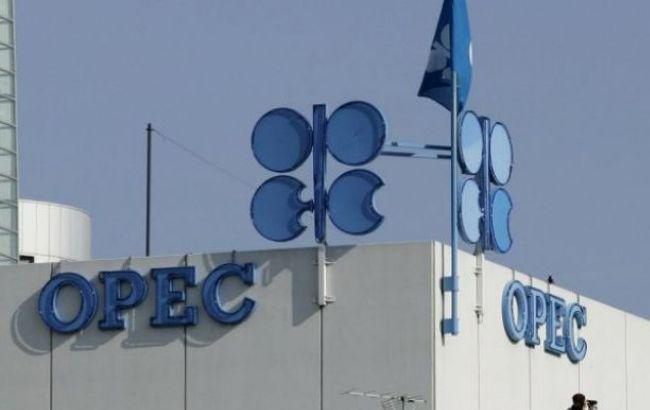BAKU, Azerbaijan, Dec.9
By Leman Zeynalova – Trend:
OPEC+ compliance is expected to remain poor among many members, Trend reports citing Capital Economics, UK-based research and consulting company.
“Oil prices rose sharply this week, on the back of OPEC+’s decision to deepen output cuts by 0.5m bpd in the first quarter of 2020 and Saudi Arabia’s announcement that it will cut production by an additional 0.17m bpd. That said, we expect the drop in supply to be a bit smaller than these figures suggest. Indeed, we suspect that compliance will remain poor among many members, notably Russia and Iraq, which have tended to produce above their quota in the past,” said the company.
As such, Capital Economics still thinks that oil prices will rise to $70 per barrel by the end of next year.
“Otherwise, oil prices were also boosted by the drawdown in US commercial crude stocks reported by the Energy Information Administration. The fall in inventories was mainly the result of a rise in crude inputs to refineries, as the end maintenance season drew to a close. That said, stocks are still well above their five-year average and we expect them to remain ample as the US economy slows further in the first quarter,” said the company.
The 7th OPEC and non-OPEC Ministerial Meeting, held in Vienna, Austria, on Dec.6, decided for an additional adjustment of 500,000 b/d to the adjustment levels as agreed at the 175th Meeting of the OPEC Conference and 5th OPEC and non-OPEC Ministerial Meeting. These would lead to total adjustments of 1.7 mb/d. In addition, several participating countries, mainly Saudi Arabia, will continue their additional voluntary contributions, leading to adjustments of more than 2.1 mb. This additional adjustment would be effective as of 1 January 2020 and is subject to full conformity by every country participating in the DoC.
In late 2018, OPEC and a number of countries outside this organization (OPEC+ format) decided to modernize the terms of the agreement on the reduction of oil production, in force from the beginning of 2017. The countries agreed to reduce the total production by 1.2 million barrels per day from the level of October 2018.
On July 2, 2019, a decision was made in Vienna to extend the agreement on reducing oil production by OPEC member and non-member states until the end of the first quarter of 2020.
---
Follow the author on Twitter:@Lyaman_Zeyn






